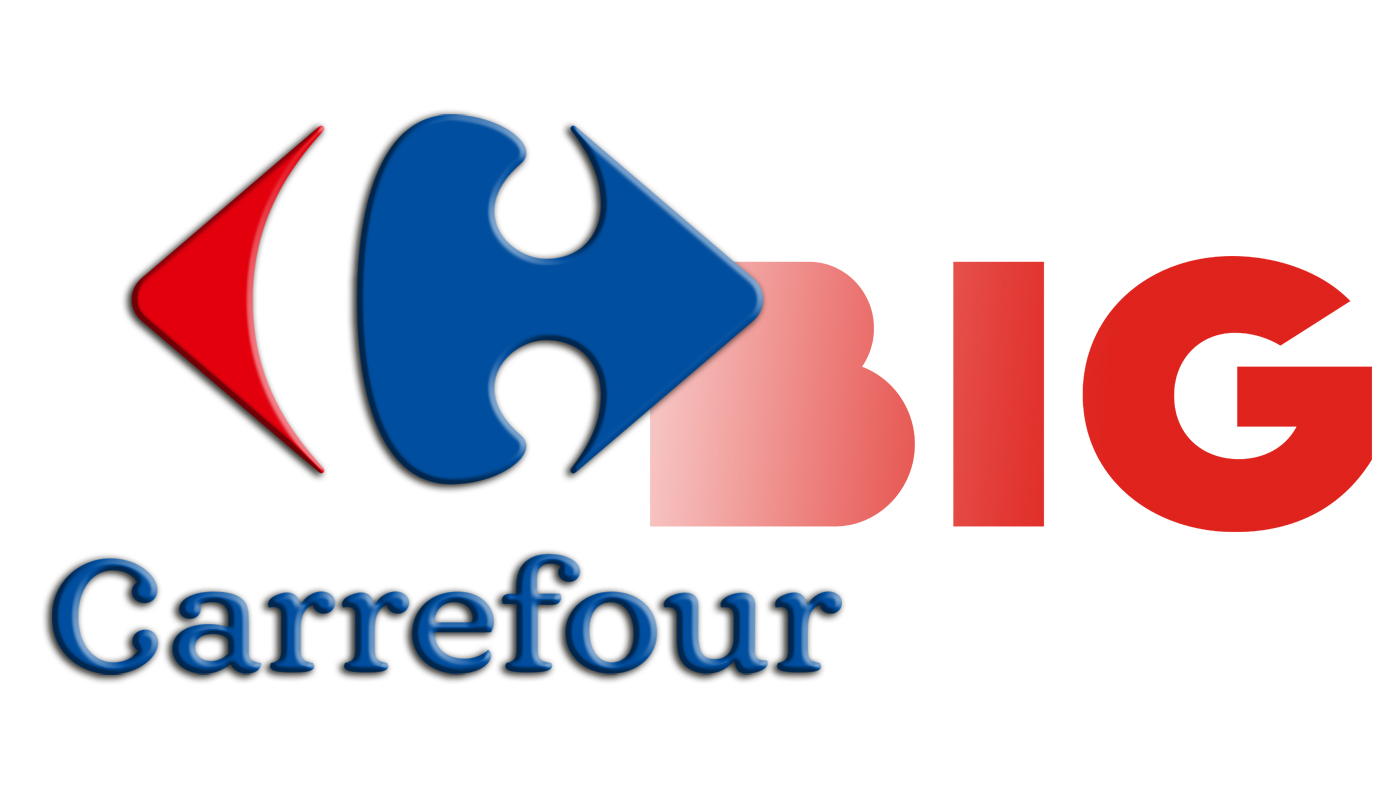
Antitrust watchdog CADE greenlighted the purchase of BIG by Carrefour provided that part of the stores of the chain bought is sold. There are 11 stores on the list of recommendations for divestment, according to an agreement between Carrefour and CADE.
The term of the Merger Control Agreement (ACC) signed foresees structural measures related to the competitive behavior to be adopted by Carrefour. In addition to the sale of supermarkets, hypermarkets and cash-and-carry stores, the proposal defines commitments related to non-competition and the economic maintenance of the stores until the effective transfer.
BIG has 388 stores and, in a statement released Tuesday, Carrefour highlighted, without providing figures, that the closings are less than 10% of the total base, and lower than initially unveiled by the CADE. Carrefour also says that the proposal is yet to be evaluated by the CADE’s court by June 2022, if the board decides to use the maximum deadline.
The CADE’s analysis indicates that there are no competition concerns in the wholesale distribution and gas station markets. In the retail and cash-and-carry segment, the antitrust watchdog removed competitive risks in most relevant markets, but for a small portion, it says that there are not enough elements to rule out the likelihood of companies exercising market power.
The eleven units listed by CADE could be sold by Carrefour are located in Rio Grande do Sul, Ceará and Pernambuco. The South and Northeast regions have 82% of BIG’s points. According to the list, in Gravataí (Rio Grande do Sul) are the Nacional supermarket, the BIG hypermarket and a Maxxi cash-and-carry store. In Juazeiro do Norte, Ceará, the hypermarket BIG Bompreço and the cash-and-carry store Maxxi appear on the list.
In Olinda, Pernambuco, the hypermarket BIG Bompreço is on the list. In Recife, in the same state, hypermarket Walmart Caxangá and hypermarket Walmart Casa Forte may be sold.
In Santa Maria, in the same state, the hypermarket BIG Nossa Senhora de Lourdes may be sold, while in Viamão, the hypermarket BIG Santa Cecília and the cash-and-carry store Maxxi may have the same fate.
The market expectation is that the value per asset will be below the ceiling of R$50 million paid in store purchases by funds in recent years.
Amounts in this range have been disbursed for stores in places like São Paulo and Rio de Janeiro. Carrefour declined to comment.
“We can buy if CADE really makes the decision, but the best units are in the Northeast region, because it is harder to find good locations in these capitals,” says the manager of a fund focused on retail properties said. Another source recalled that the South region doesn’t have as much demand for real estate now. “In Gravataí and Santa Maria, for example, it is not difficult to find well-located land,” said this source.
“There are cases of companies that ‘keep’ a lot of assets in regions that they know can be targeted by CADE. They keep these businesses on their feet, without much money, until the sale is approved”, the head of a cash-and-carry chain that competes with Maxxi said.
One point raised by an executive of another fund is limitations to be defined by the CADE. He recalled that, in order to maintain the level of regional competition, buyers may have to continue with the food retail activity in these locations for a certain period.
In the market today, the scenario is of companies leaving the hypermarket sector, while investments have been basically focused on cash and carry. GPA, owner of Extra, sold 71 hypermarket stores to Assaí for R$4 billion three months ago). Cash-and-carry stores and small supermarkets have been leading the organic expansion.
Among wholesalers, there is a greater number of deals being closed, and of companies with cash – despite the fact that many have already disbursed a large sum of money in acquisitions and openings since 2019, including Assaí, Fort (Pereira group) and Muffato group.
Real estate funds are likely to have the appetite to make bids as they could buy the stores and rent them. This is not a very long list as there are two main active players in the sector. One is the FII SuccesPar Varejo, which acquired nine stores from GPA between 2019 and 2020 and closed one of the largest recent deals among funds – the purchase of 17 properties, including buildings and land, from the same group for R$1.2 billion in October.
In another deal, in September 2020, two funds from TRX Gestora de Recursos agreed to buy 11 GPA stores for R$233.6 million.
Despite the worsening of the market environment since the end of last year, an executive sees room for attracting new resources focused on segments with proven return potential, considering the performance delivered in the portfolios.
Source: Valor international
